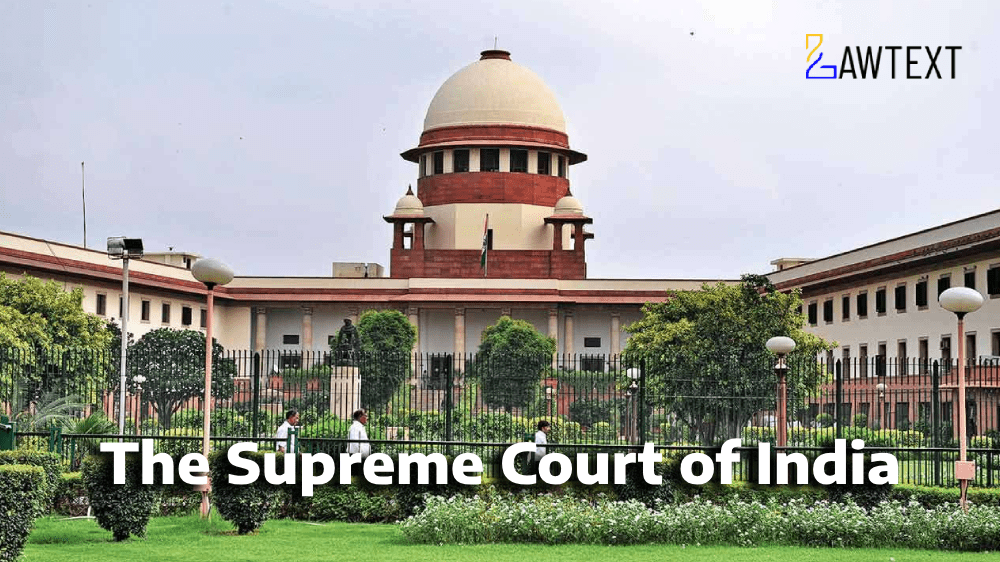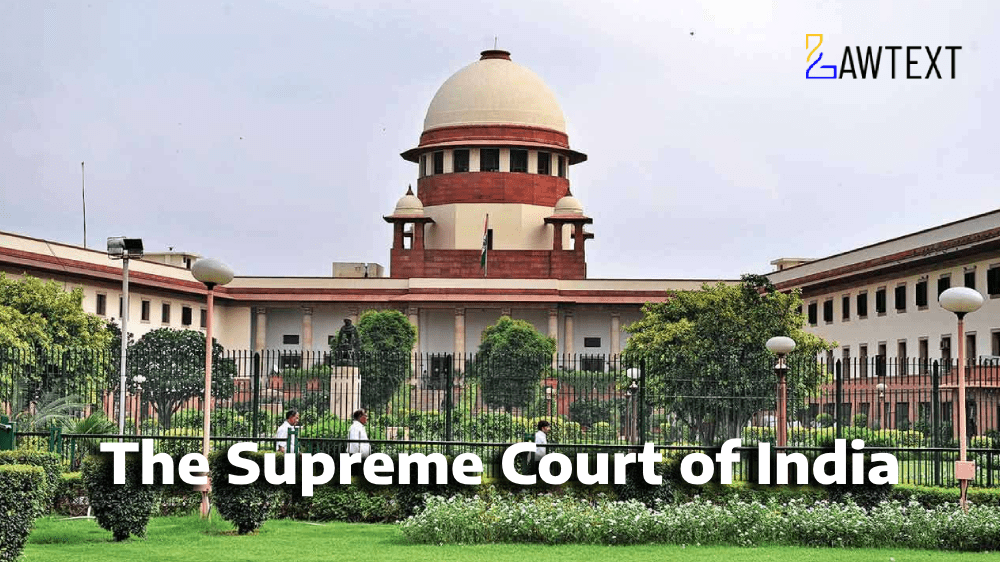Case Note & Summary
The Supreme Court judgment in Aligarh Muslim University v. Naresh Agarwal & Ors. primarily deals with the issue of minority rights in education, focusing on whether Aligarh Muslim University (AMU) qualifies as a minority institution under Article 30(1) of the Indian Constitution. The case assesses the historical, legal, and constitutional basis of AMU’s establishment, its administration, and its minority status, with key questions centered on whether AMU was established by a minority community and if it retains the right to administer its affairs as a minority institution.
The judgment did not categorically declare AMU as a minority institution but emphasized that institutions like AMU need both establishment and administration by minorities to enjoy protections under Article 30. The court examined the amendments to AMU's legal framework and confirmed that changes in the law alone could not retroactively establish a minority status. The ruling highlights how a university's status under Article 30 must satisfy clear minority establishment criteria rather than merely historical association with a minority community
Article 30(1) Interpretation: The case involved interpreting Article 30(1), which allows minorities to establish and administer educational institutions. The Court examined whether AMU, initially the Muhammadan Anglo-Oriental College established by Muslims in 1877, could claim minority status after its conversion into a university by the Aligarh Muslim University Act, 1920, passed by the British legislature.
Historical Context and Amendments: The judgment reviews the amendments in 1951, 1965, and 1981 to the AMU Act, particularly the 1981 amendment, which rephrased AMU’s objective to include "educational and cultural advancement of Muslims of India." The amendment tried to restore AMU's minority status after the 1968 Azeez Basha judgment, which held that AMU was not a minority institution since it was established by legislation rather than directly by a minority community.
Ratio Decidendi: The Azeez Basha ruling formed the basis for later decisions, and the current judgment evaluates whether the two words "establish and administer" in Article 30(1) must be read together. It was reasoned that a minority group can only administer institutions established by it.
Court’s Analysis on "Establishment": The court analyzed whether an institution must be both established and administered by a minority community to claim protection under Article 30. It scrutinized if AMU’s establishment by Parliament affected its minority status and whether the 1981 amendment could legally alter this status.
Impact on Reservation Policies: The case also covered the legitimacy of AMU's reservation policy, which allocated seats to Muslim students, with the petitioners arguing this policy was unconstitutional due to AMU’s non-minority status as per Azeez Basha.
Acts and Sections Discussed Article 30(1) of the Indian Constitution: Rights of minorities to establish and administer educational institutions. Aligarh Muslim University Act, 1920 and its amendments (1951, 1965, 1981): Key legislative texts in determining AMU's historical and legal status. National Commission for Minority Educational Institutions Act, 2004 and the 2010 amendment: Influence on minority educational status definitions.Definition of Minority Status (Para 10–30): Whether AMU can be considered a minority institution and if Article 30(1) protections apply.
Legislative and Judicial Interpretation of Establishment (Para 31–45): Analysis of the terms "establish" and "administer" in the context of AMU’s legislative foundation.
AMU's Reservation Policy (Para 46–60): Legitimacy of religious-based reservation in AMU given its minority status.
Historical Context and Impact of Amendments (Para 61–80): Examination of amendments to the AMU Act and their constitutional implications on AMU's status.
Subjects: Minority Rights in Education Aligarh Muslim University (AMU) Article 30(1) Supreme Court Judgment Educational Institutions and Minority Status
Issue of Consideration: Aligarh Muslim University Versus Naresh Agarwal & Ors.
Premium Content
The Issue of Consideration is only available to subscribed members.
Subscribe Now to access critical case issues








